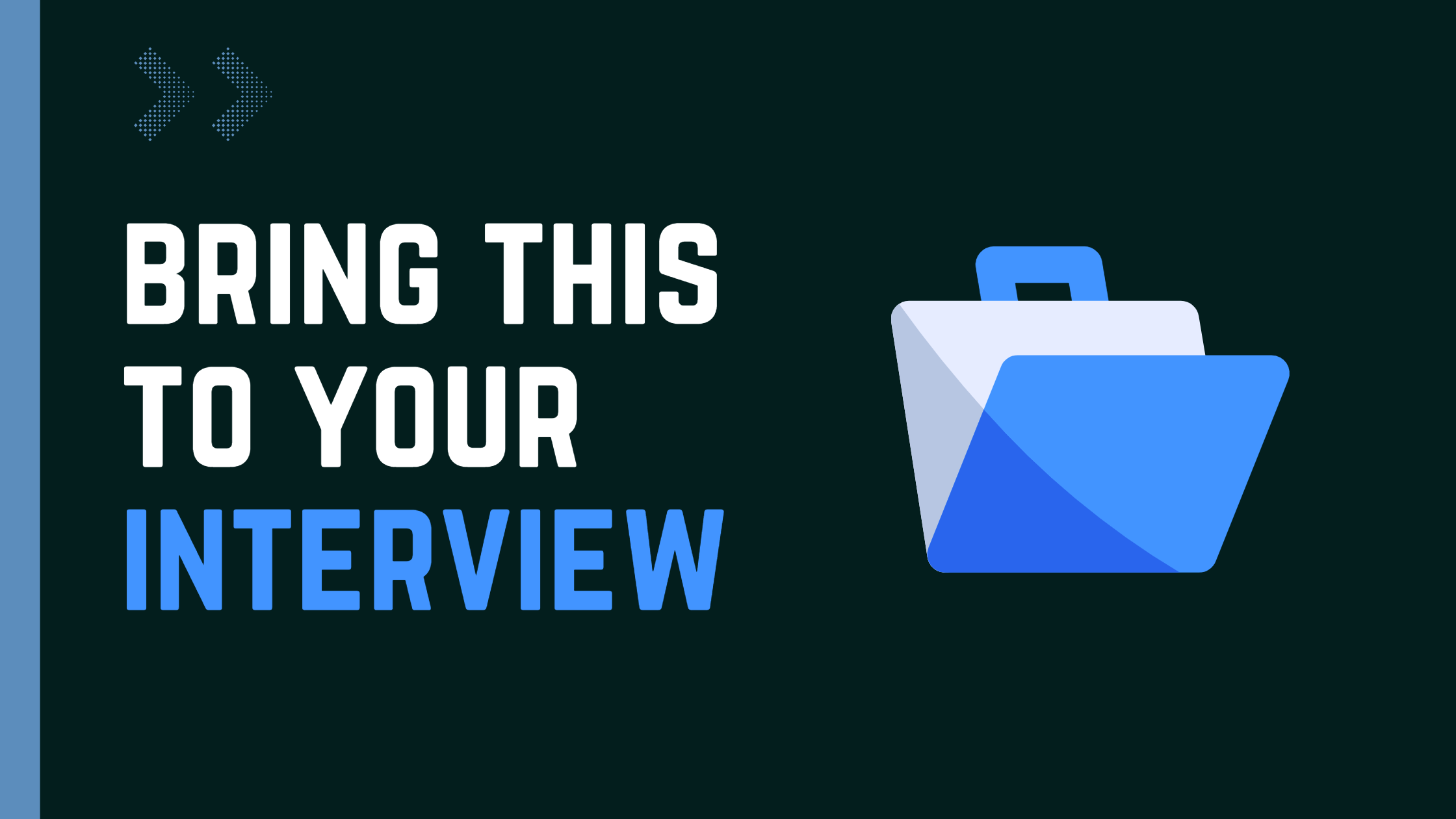
This won't be one of those "bring your best personality" posts. That's important too. But this one is more practical and applies to pretty much everyone that's on the verge of a coding interview. One important thing to realize is that you are not the only candidate for most programming jobs. This depends on the company size usually. A company with 200 developers will probably see more candidates walk through the door than one with 5.
And often times, your resume isn't automatically looked at by human eyes. Many companies use parsing software, such as Affinda CV Extractor, in order to scan prospective resumes automatically and to determine candidates.
The one thing that I noticed when I began interviewing over a decade ago, was that I wasn't very impressive. I could answer your questions, sure. But I bet so could alot of other people. It's not like I was the only one that knew how the Fibonacci Sequence worked. If there is one thing that a college graduate knows, it is algorithms.
So when I would leave an interview, I'd be left with this feeling of 'not enough-ness'. The questions that ran through my mind were:
- Did I really do my best?
- Were those my best answers?
- How could I improve my interview?
As corny as it sounds. Writing out these questions and finding answers is very important for personal growth and to get better and better at this thing that we call life. The last question is what I'll focus on today.
The one thing that I always felt leaving an interview, was that I would be forgotten as soon as that next candidate walked through the door. And that's pretty accurate. I've interviewed many candidates myself since then, and it is difficult to keep folks in mind after having met with 5 - 10 other people.
To counteract that, I began to bring a portfolio of my work with me to every interview. Not a virtual one mind you. Not a website where I would tell the employer to please visit after we talk. But a physical, multi-page, color-filled portfolio of my projects. Each page included an overview of each project as well as the technologies used and any schematics or complex design elements that I felt would drive the point home. Screenshots were abundant, and I splurged on having color copies.
Eventually I began to 'gift' the portfolio to my interviewers. "Please, keep it for your reference", I would announce. To a reply of "Are you sure?". And I don't know about you, but there's something not quite right about throwing away a perfectly fine folder. So I'd wager that my work stuck around for a while in the interviewers mind and on their desk.
This was put to the test during one particular interview, in which I was told that I'd be meeting with several faculty all at once. As soon as I arrived to this interview, I handed my portfolio to the first person that I saw, to which they replied "Very cool! I'll make some copies". Copies? What followed was an hour long round-table session with 10 or so people each with a copy of my portfolio.
Most questions asked were about what they were reading. How did you build this? What were the biggest challenges with that? Etc. I left that interview feeling relatively confident. While I didn't get that job, they did call back and refer me to other positions as they felt that they would like to have me around at a minimum.
Interviews felt a million times better after this practice. Even if I didn't get the job, I improved upon my interview technique. I found a crack in the system that most people never make use of. How do I know this? Because no one that I have ever interviewed has ever brought me anything to look at or to keep. They rely on my random questions that I ask every candidate. Or they add a link to their resume and expect me to click on it. I might and I might not. It really depends on the work schedule I'm looking at. But there's a chance that I might just forget, go to lunch and move on to the next candidate.
The takeaway here. Be memorable and stand out above the crowd. Don't be afraid to showcase your projects and to buy a 1.99 folder to give away. Try it out and let me know how it works for you.
Walt is a software engineer, startup founder and previous mentor for a coding bootcamp. He has been creating software for the past 20+ years.